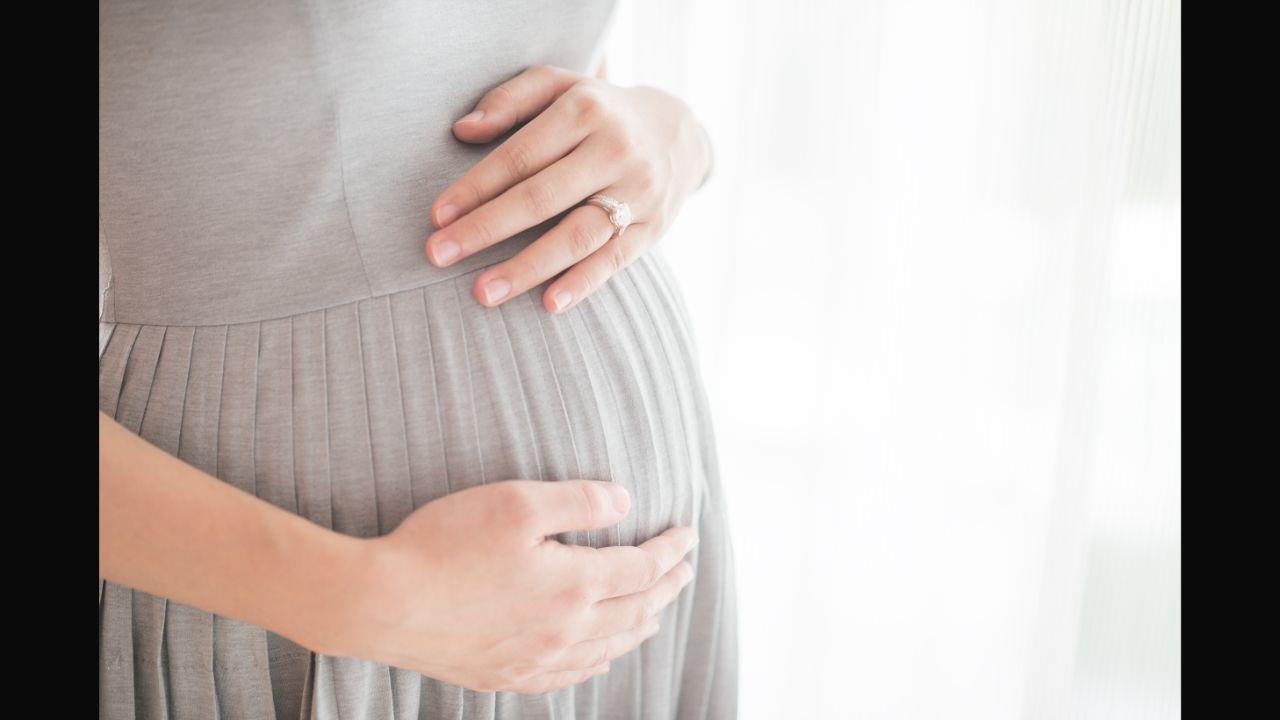Pregnant mothers with Rh-negative blood type would require special care if the baby is carrying a Rh-positive blood type. While the condition doesn’t affect the mother’s health, being cautious about the type is important as it can impact the baby

Image for representational purpose only. Photo: istock
The four main blood group types are A, B, AB and O. Determined by the genes in oneself, an individual's blood group is inherited from the parents. Additionally, a protein known as the Rh Factor, is either present as Rh-positive (+) or absent as Rh-negative (-), therefore creating eight common blood group types.
ADVERTISEMENT
What is the Rh Incompatibility?
The Rh or 'Rhesus' factor, an inherited protein, is found on the surface of the cell membranes of red blood cells. If your blood contains the protein, you are Rh-positive, if it does not, you are Rh-negative. However, having the Rh blood type is a normal condition and does not imply that one has a disease or that it could generally alter your health.
However, being a Rh-negative female could affect the pregnancy. A pregnant woman with the Rh-negative blood type would require particular care, especially if the baby the woman is carrying is Rh-positive, as this causes Rh incompatibility. This condition does not affect the mother's health, however, being cautious of her Rh-negative status is important as it can impact the baby she is carrying.
Rh Incompatibility occurs when the mother's body reacts to the Rh-positive blood of her baby by producing antibodies. Especially in her second pregnancy with a Rh-positive baby, her body produces antibodies instantly. For a Rh-positive baby, these antibodies can cause damage to the baby's red blood cells after they cross the placenta. Red blood cells are essential for oxygen to be carried throughout the body. In such cases, it could cause life-threatening conditions like anaemia where the red blood cells are damaged faster and the ability of the baby's body to replace them is difficult. It could also lead to jaundice, heart failure, liver failure and could be life-threatening to the baby.
The condition can be determined by a simple blood test of the mother, the Indirect Coombs test. This will help detect whether the blood contains the cell-destroying antibodies, and your doctor will advise appropriate action. If the mother is Rh-negative, and the father is Rh-positive, an immunoglobulin injection can be administered to the mother to prevent her body from producing Rh antibodies.
This can be given at 28 weeks of pregnancy and after delivery if the baby is found to have a positive blood group. These measures can protect the baby very effectively.
(Rishma Dhillon Pai, consultant obstetrician and gynaecologist)
Also Read: Follow these steps to help your child deal with anger better
This story has been sourced from a third party syndicated feed, agencies. Mid-day accepts no responsibility or liability for its dependability, trustworthiness, reliability and data of the text. Mid-day management/mid-day.com reserves the sole right to alter, delete or remove (without notice) the content in its absolute discretion for any reason whatsoever.
 Subscribe today by clicking the link and stay updated with the latest news!" Click here!
Subscribe today by clicking the link and stay updated with the latest news!" Click here!






